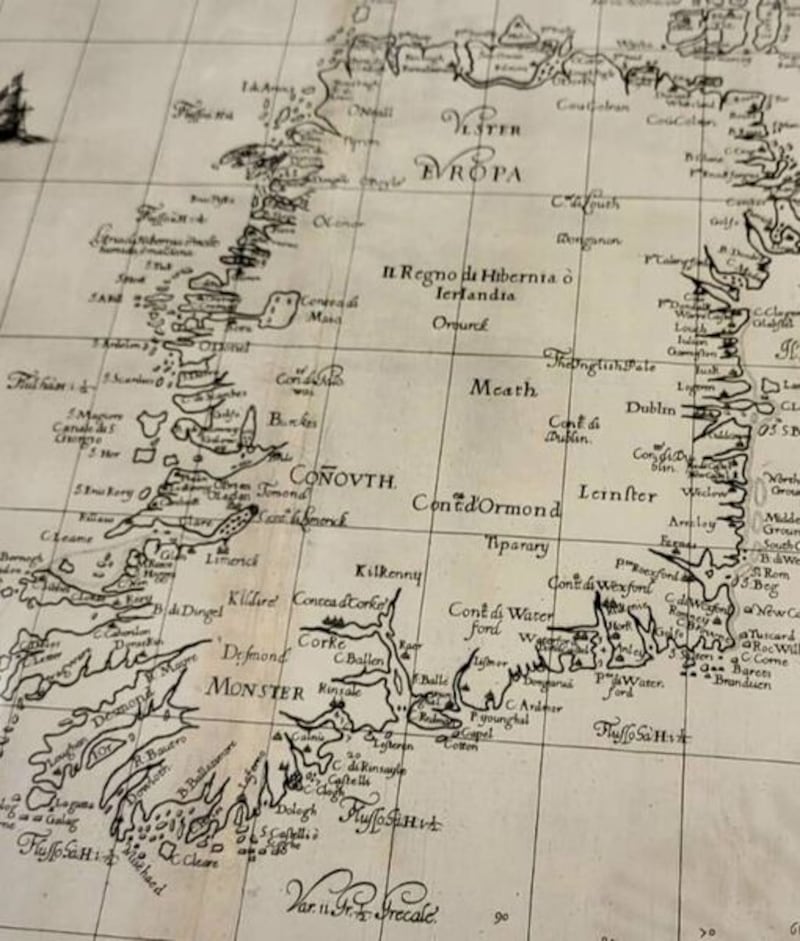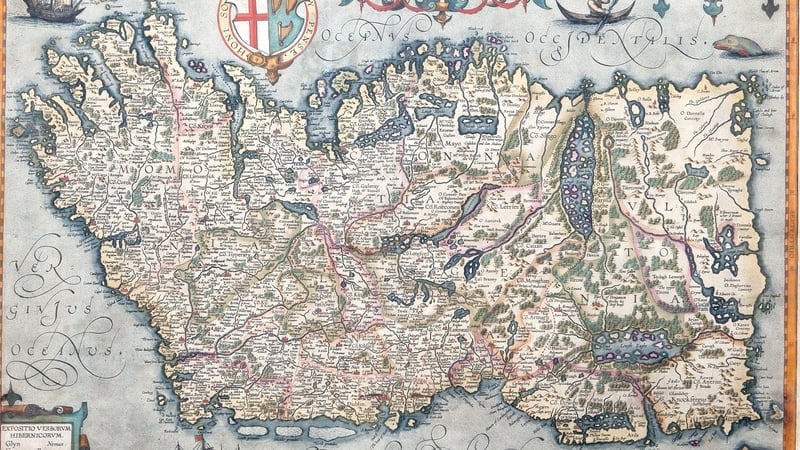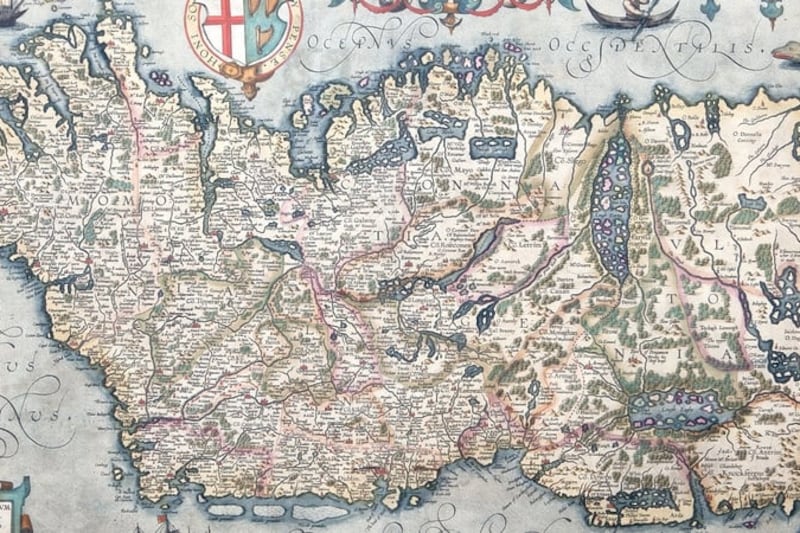A vast collection of maps of Ireland has been acquired by the Republic ahead of being digitised for public viewing.
The Bonar Law collection features almost 10,000 maps and 9,000 prints, compiled by collector Andrew Bonar Law, the grandson of his namesake and former early 20th century British prime minister.
The collection features over 90% of the listed maps and prints of Ireland ever produced, with some dating back to the 16th century.
It also includes rare sea charts and “cartographical curiosities”.
The map trove will eventually be displayed in the Library of University College Cork next year.

The collection will be available to view online in the coming months following the completion of the digitisation process.
Very happy to celebrate the significant acquisition by @NLIreland of the Bonar Law Collection, which is made up of 10,000 maps & 9,000 prints of Ireland.
— Micheál Martin (@MichealMartinTD) January 15, 2024
This remarkable collection will be housed in @UCCLibrary & will be a fantastic resource for students for generations to come. pic.twitter.com/DXLp6NKpZI
National Libraries of Ireland director Dr Audrey Whitty said: “The excellent condition of the material in the Bonar Law Collection means that it will be an essential part of the NLI collection of printed maps and topographical prints, and a foundation collection for future digitisation projects, programmes and exhibitions.”
Bonar Law studied in Dublin’s Trinity College and eventually opened Dublin’s Neptune Gallery in 1965. His collection has been described by the Department of Tourism and Culture as “the most complete visual record of Ireland, in map and print form, ever assembled by an expert private collector”.
Culture minister Catherine Martin said: “The collection represents a life’s work of study and expert knowledge of maps, especially maps of or relating to Ireland, and topographical prints. It is a testament to Andrew Bonar Law and his family, that such a unique historical record exists, and that it can now be preserved for the public good and will remain in Ireland.”









